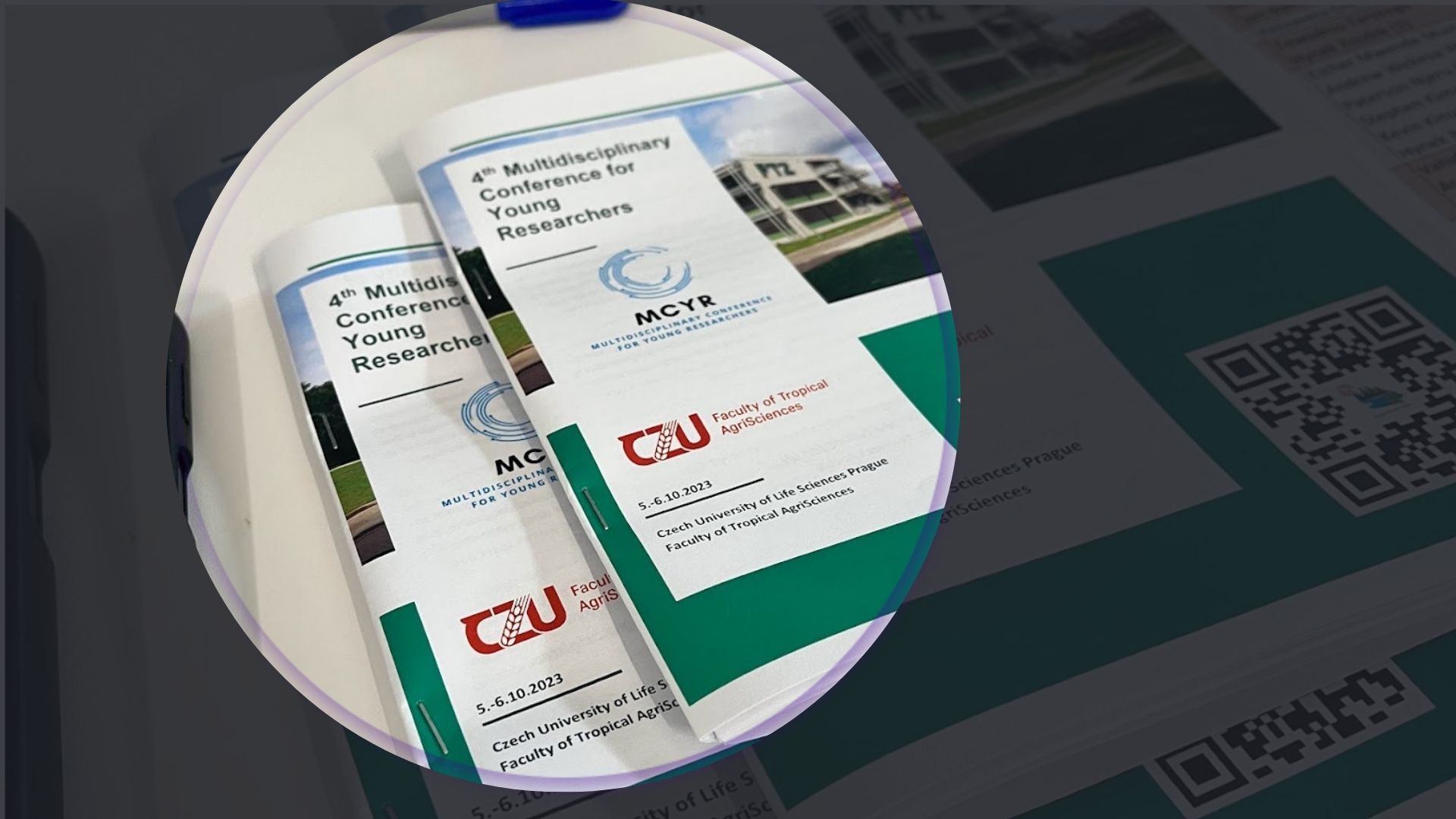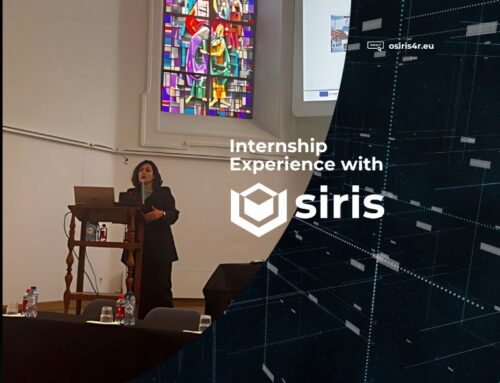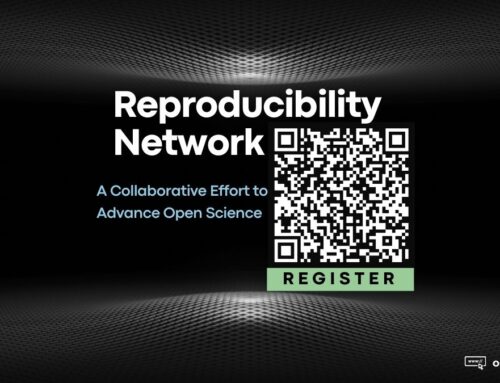
On October 5 and 6th, 2023, the OSIRIS work package 6 (WP6) lead, Assoc. Prof. Hynek Roubík, founder and Group Leader of the Biogas Research Team (BRT) at the Czech University of Life Sciences Prague (CZU), a partner institution of the OSIRIS consortium organized an annual conference called the “Multidisciplinary Conference for Young Researchers (MCYR)”
This multidisciplinary conference aimed to provide opportunities for early career researchers from a range of disciplines to share their research through the conference podium, as well as to receive informal, in-depth feedback through discussions and to enable them to establish contact with professionals and other institutions.
The conference is co-organized by the Biogas Research Team (Faculty of Tropical AgriSciences, Czech University of Life Sciences Prague) with the support of the AgriSciences Platform.
During the conference, there was an open science and reproducibility session co-organized by Assoc. Prof. Roubík, under the OSIRIS project. The session of Assoc. Prof. Roubík highlighted the need for Early Career Researchers to know Open Science practices and embed transparency and reproducibility in their research practices from conceptualization to implementation, data processing and publishing.
Ing. Stacy Hammond, PhD., OSIRIS Communications Officer, was also invited to give a keynote speech that delved into the intriguing topic of publication bias in scientific research, using the case of Prunus persica as an illustrative example based on her research at the Division of Plant Physiology and Cryobiology at the Crop Research Institute (CRI) Prague. During her presentation, she highlighted that as scientists, we strive to publish the latest discoveries, but often after hours, days, or even months of testing, retesting, checking, and confirming some experiments simply do not work regardless of detailed or elaborate experimental designs. Such negative results often get left behind, moving on to work on something new in the hopes of achieving positive outcomes. After all, there is no point in publishing negative results. Or is there? One of the attributes of scientific work is the falsifiability of a hypothesis. The hypothesis must be capable of being tested and proven wrong. The speech aimed to show the potential of negative results, as they are also a contribution to science that can shorten the path for others. Her speech showcased that our ethical duty as researchers and editors is to honour this engagement and publish both positive and negative outcomes in an equitable manner, contributing to advances and transparency in scientific knowledge.
Read more about the MCYR conference or download the book of abstracts here.















Keep In Touch